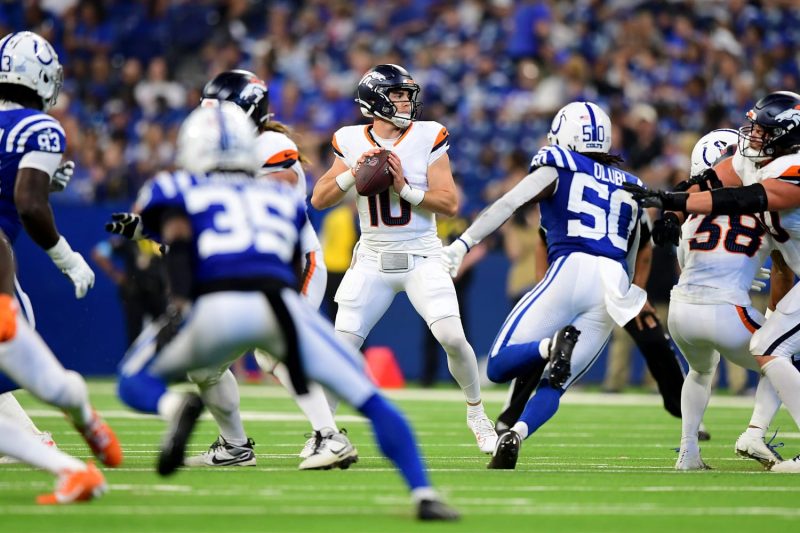Diving into the Depths of Gambling on Sports in America
The landscape of gambling in America is changing drastically. The significant rise in sports gambling has undoubtedly generated excitement among the crowds of sports enthusiasts, yet recent studies show a rather dark side – the financial toll on the society. With the increased availability of digital platforms, the issue accentuates further, affecting millions of Americans.
The prevalence of sports gambling has amplified rapidly since a 2018 ruling by the Supreme Court, which gave states the liberty to legalize sports betting. Today, betting options are not only limited to traditional sports like football and basketball, but extend to various online sports as well. This overwhelming access, combined with the thrill of the game, has fueled an unprecedented spike in sports gambling.
While the sector’s growth is phenomenal, research suggests that it is affecting the finances of the masses. It is worth noting that a staggering portion of sports gamblers are regular consumers rather than professional bettors. This implies that a majority of them are wagering their hard-earned money with a slim chance of winning, often resulting in considerable financial losses.
The economic impact of sports gambling is coupled with a psychological perspective, as well. The unleashed access to betting through digital platforms has created a potential avenue for gambling addiction. This phenomenon, known as problem gambling, often leads to financial despair as bettors relentlessly chase losses, driven by the desperate hope of a big win.
The skewed ratio of losses to wins in sports gambling is a key facet contributing to this financial burden. Despite the popular notion of lucrative payoffs, in reality, the odds are heavily stacked against the bettors. This asymmetry often results in huge losses for the participants, with the house (the bookmaker or the betting site) usually winning.
Additionally, the monetary burden is not confined to personal finances alone; it also extends to the wider economy. Reportedly, the financial turmoil caused by sports gambling can ripple through society by straining relationships, affecting productivity at work, and potentially leading to crime and bankruptcy.
Maintaining a balanced perspective is essential to understanding the impact of this climbing trend. While the legalization of sports betting has brought along with it several talks about economic growth, job opportunities, and additional tax revenues, the hidden costs emerging from its negative economic impact cannot be overlooked. These challenges call for increased awareness and necessary interventions.
Creating robust safeguards against the potential hazards of sports gambling requires concerted efforts. Ensuring responsible gaming policies, like setting betting limits, offering self-exclusion options, and providing support for problem gamblers, are some steps in the right direction. Transparency concerning the odds and potential losses can also equip bettors with a realistic view, which might deter them from placing risky bets.
In conclusion, the dramatic rise in sports gambling in America demands attention, not only for the economic benefits it offers but also for its detrimental financial repercussions. As this wave continues, the need for policies to protect consumers and maintain the economic balance becomes ever more crucial.






























